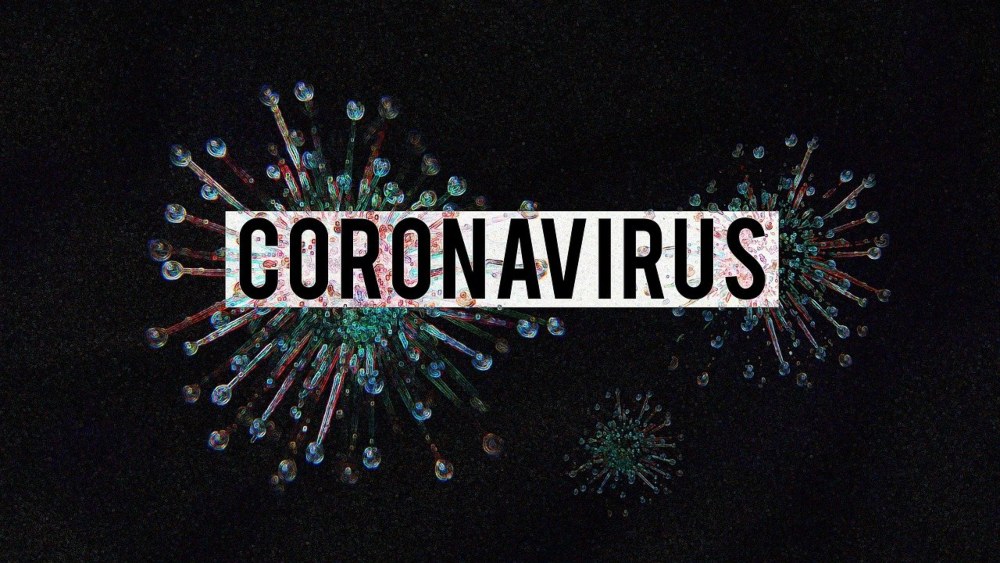
B.1.1.7 is in the building. This SARS CoV-2 variant is ripping across the UK and has been discovered in 33 other countries (probably more by the time you read this). It has been found in 3 widely separated US states, indicating it is possibly already widespread here. It comes as a slight surprise, since until now SARS CoV-2 was mutating in expected ways—individual small mutations that didn’t cause much difference in the virus’ behavior. B.1.1.7 shows 17 new mutations at once, and a marked jump in ability to transmit (if you’re tracking, it seems to add about 0.5 to R0). What does this mean for our efforts to get our lives back?
First, it means that in the next few months the virus is likely to spread faster than previously expected, kill more than expected, leave more “Long COVID” cases than expected, and overload the healthcare system more than expected. It can be slowed down by social distancing, mask-wearing, hand washing, ventilation, gathering-avoidance, et cetera, but those measures will need to be more vigorously and fully executed than before to be effective. The US has the world’s worst track record in this regard. Take a deep breath and protect yourself and others with even greater attention to preventative detail.
Second, it will increase the share of the population that must achieve immunity in order to bring about herd immunity. Estimates of what herd immunity would require prior to the emergence of this variant ranged from 70-85%. The B.1.1.7 variant could push that number above 90%.
Given that the best vaccines are only 95% effective at suppressing symptoms, we’re looking at needing to vaccinate close to our entire population—over 300 million out of 330 million—to achieve herd immunity, while praying that the vaccines also do a good job of blocking transmission and are reasonably durable. Given that nearly 10% of Americans identify as “anti-vaccine” and another 15-30% express some level of hesitancy about being vaccinated, herd immunity could become borderline impossible to achieve with the new variant.
This does not mean that life cannot improve once many have been vaccinated, but we are less likely to be “home free” the way China, Australia, and many other countries will be. We will be living with an endemic, dangerous virus. In this scenario we can expect tens of thousands dead annually (instead of hundreds of thousands as today, but also instead of a mere handful in some other countries), and continued social and economic constraints: limited gatherings, limited travel, mask-necessitating situations, and so forth.
Third, the emergence of this virus reveals a degree of plasticity which suggests it may be more able to escape control by our vaccines, therapeutic & prophylactic drugs, and natural immunity more quickly than hoped. In plain English, the vaccines may be made less durable by the ongoing widespread presence of the virus, and we could face a requirement to create vaccine variations to counter virus variations repeatedly in the future, each time revaccinating the globe.
This risk will require continued (and improved) widespread testing to detect weakening of vaccine effectiveness and incipient increases in reinfection. If some countries achieve herd immunity but we do not, the US could become the “Typhoid Mary” of the developed world, the country that weakens the vaccines the whole world depends on. Tight controls over travel by US residents would ensue in this case. US leadership in the world would further weaken.
Taken together, the new variant means that accelerating our herky-jerky vaccine rollout becomes even more important, our use of non-pharmaceutical protections needs to increase for at least the first half of 2021, and we need, together, to accept vaccination as soon as it is offered, and reach out to everyone who is hesitating to be vaccinated and persuade them to join us in the jab queue. Our lives and quality of life for a long time to come depend on our success at this. The vaccines are a triumph, but the virus has countered.
Discover more from Post Alley
Subscribe to get the latest posts sent to your email.
